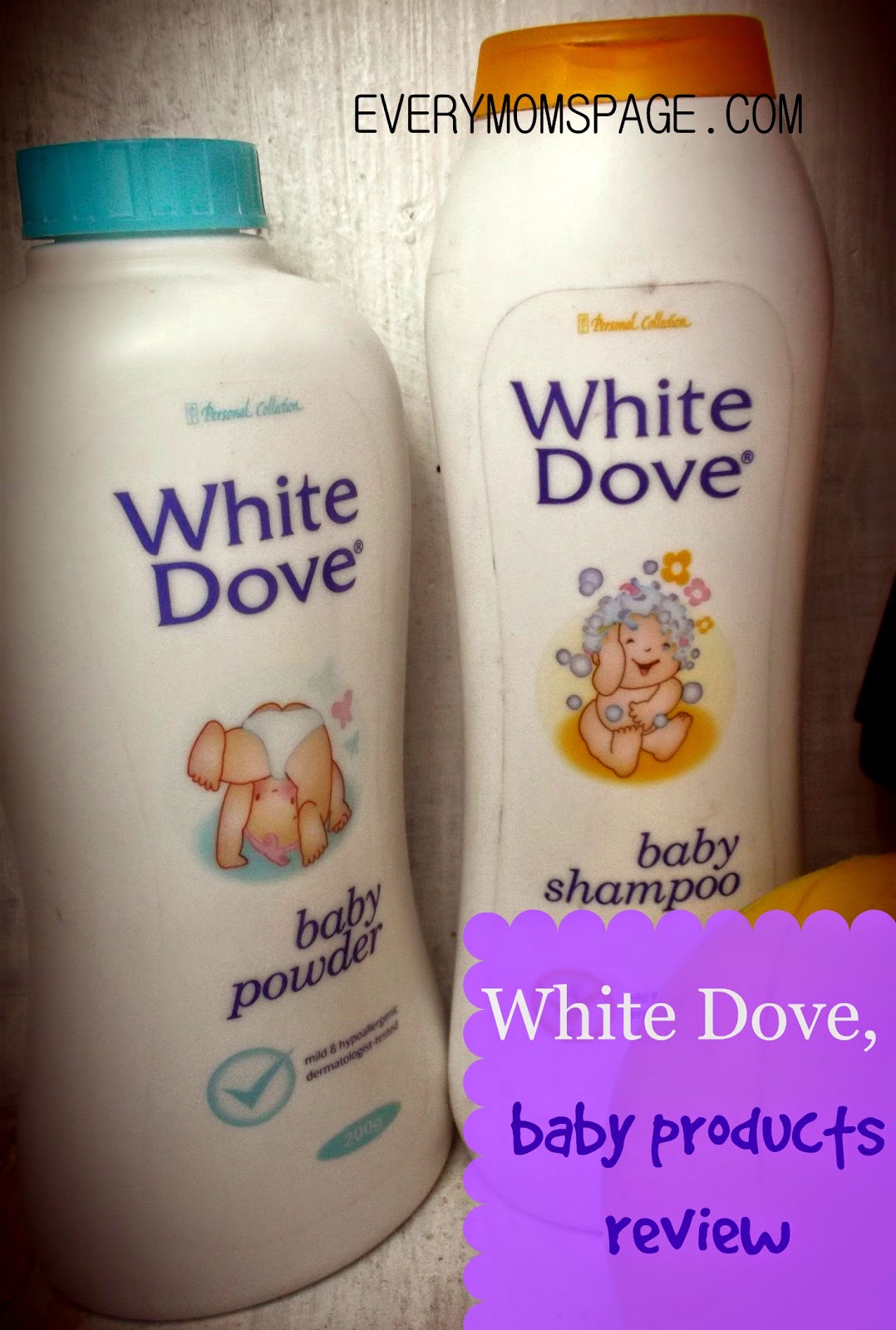How to Properly Care for Your Horse
Properly caring for a horse can be a full-time job: they are not low-maintenance animals. They require daily care and attention, as well as a special diet and frequent vet check-ups.
For new owners,
knowing exactly how to ensure your horse gets everything he or she needs to
stay fully healthy can be a lot to take in – and expensive. Carefully consider if you have the funds to
provide your pony with everything it needs before acquiring one.
In this article,
we’ll include everything you need to know about horse care before making the big decision to get one. We’ll lay out the basic requirements for food,
grooming and exercise, and the typical day-to-day care that these animals need.
Here is everything
you should know about properly caring for a horse.

Food and Water
A horse’s basic feed
is ‘roughage’: hay, pasture or chaff. In general, a good rule for feed quantity
is to give your horse 1-2kg per 100kg of its bodyweight (more may be required if your pony is being worked a lot). You should also include a salt-lick or mineral block
in the paddock. Be wary of including grass cuttings or food scraps in the feed – these may make your pet ill.
Supplements to make
sure your pony gets all the nutrients they need can be introduced with guidance from
a vet. Supplements like E3
Live for Horses help keep
hooves healthy and prevent sickness down the line.
Of course, your horse
should always have access to clean water: whether through a self-filling trough
or a source refillable by you. Buckets are not suitable, as they will be quickly tipped over. In warm weather, horses may drink up to
45 liters per day. Therefore, large quantities should always be available.
Shelter
and Exercise
Paddocks
need to be spacious enough so that the pony can happily run around
unless they live in a smaller space but are taken out to exercise daily. Fences
should be kept in good repair, and the area should routinely be checked for
rubbish or anything that could cause injury. Horses should never be
tethered long-term; only for short periods, using proper tethering
equipment.
Shelter
should be provided by a stable, to protect against the elements, or by
trees if the paddock is stationed in a wooded area. You should provide extra
shelter in extreme weather conditions.
Grooming
and Healthcare
Hooves
should be trimmed by a farrier (an equine hoof and shoe specialist) every 6-8
weeks. Hooves grow just like human nails do and become very
uncomfortable if they’re not maintained. Shoes are only necessary for
protection if your horse is to be ridden on rocky
or hard ground.
A veterinary dentist
will need to check your pony’s teeth at least once per year – if
the animal is under 5 years old, or is fed with grain, this increases
to once per 3-6 months.
Just
like dogs and cats, your pony needs to be wormed and receive
vaccinations:
·
Worming
medicine is usually administered to horses in the form of a paste and should be
used every 6-8 weeks.
·
Reduce
the risk of your pony contracting worms further by ensuring the quick
removal of manure from their living spaces daily.
·
Your
vet will advise you on what vaccinations your horse needs, and how often they
should be re-administered; but common vaccines include viral respiratory
disease, tetanus and strangles (a respiratory tract infection caused by the
Strep bacteria).
In
addition, an important part of keeping your pony happy is to let her
play with other horses. They are herd animals and greatly enjoy the company
of their kind.
Unless
you are going to breed your male horse, stallions should be gelded (castrated)
– otherwise, they are very difficult to manage and are a menace to
other animals. Female horses (mares) and gelded males make great
companions and should get on fine together.
Riding
Ponies love being ridden. Joining a riding club will help you bond with your horse, learn a
new skill and is an opportunity for both of you to
socialize. Seek out a trained instructor and professional riding equipment
if you would like to ride your horse.



